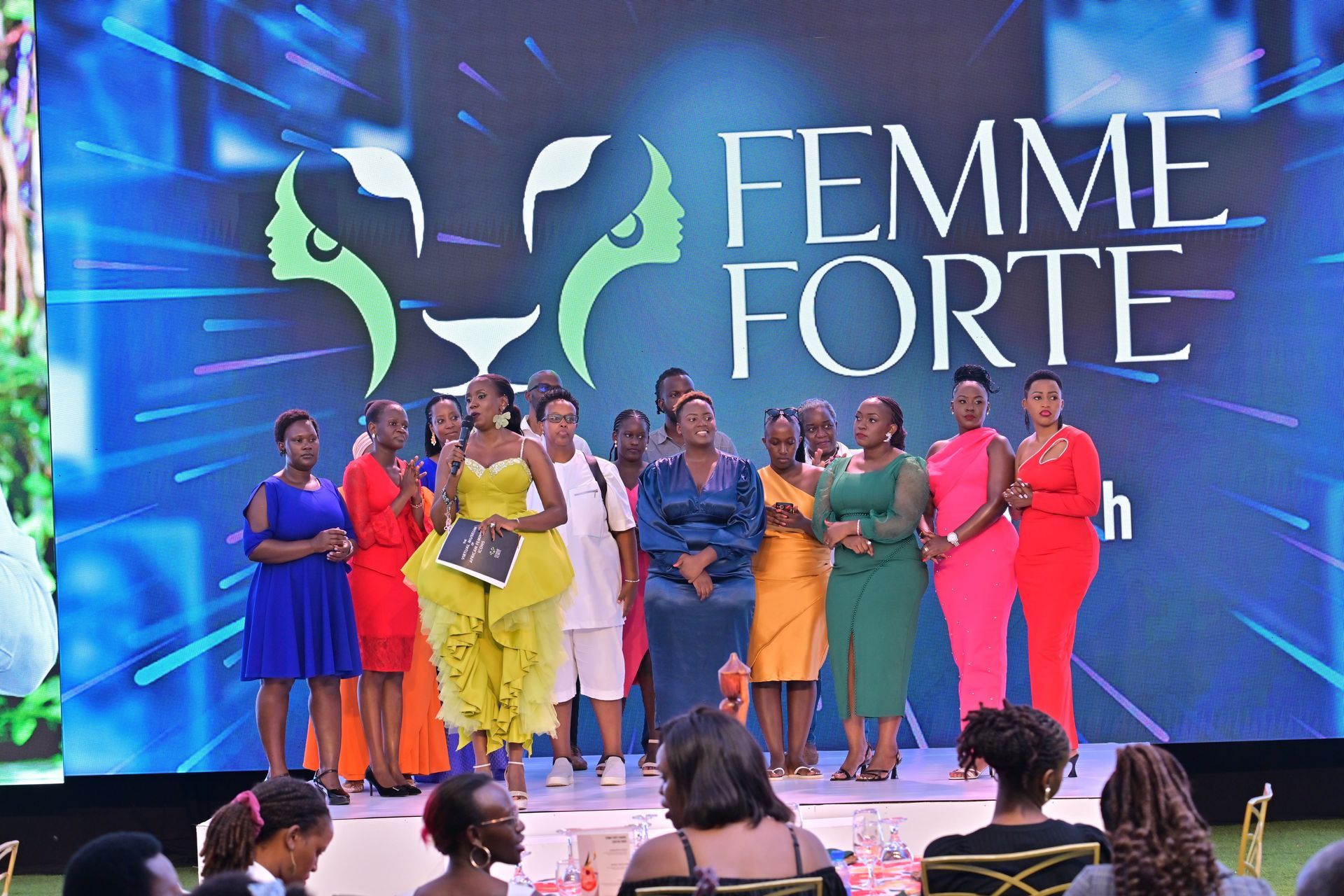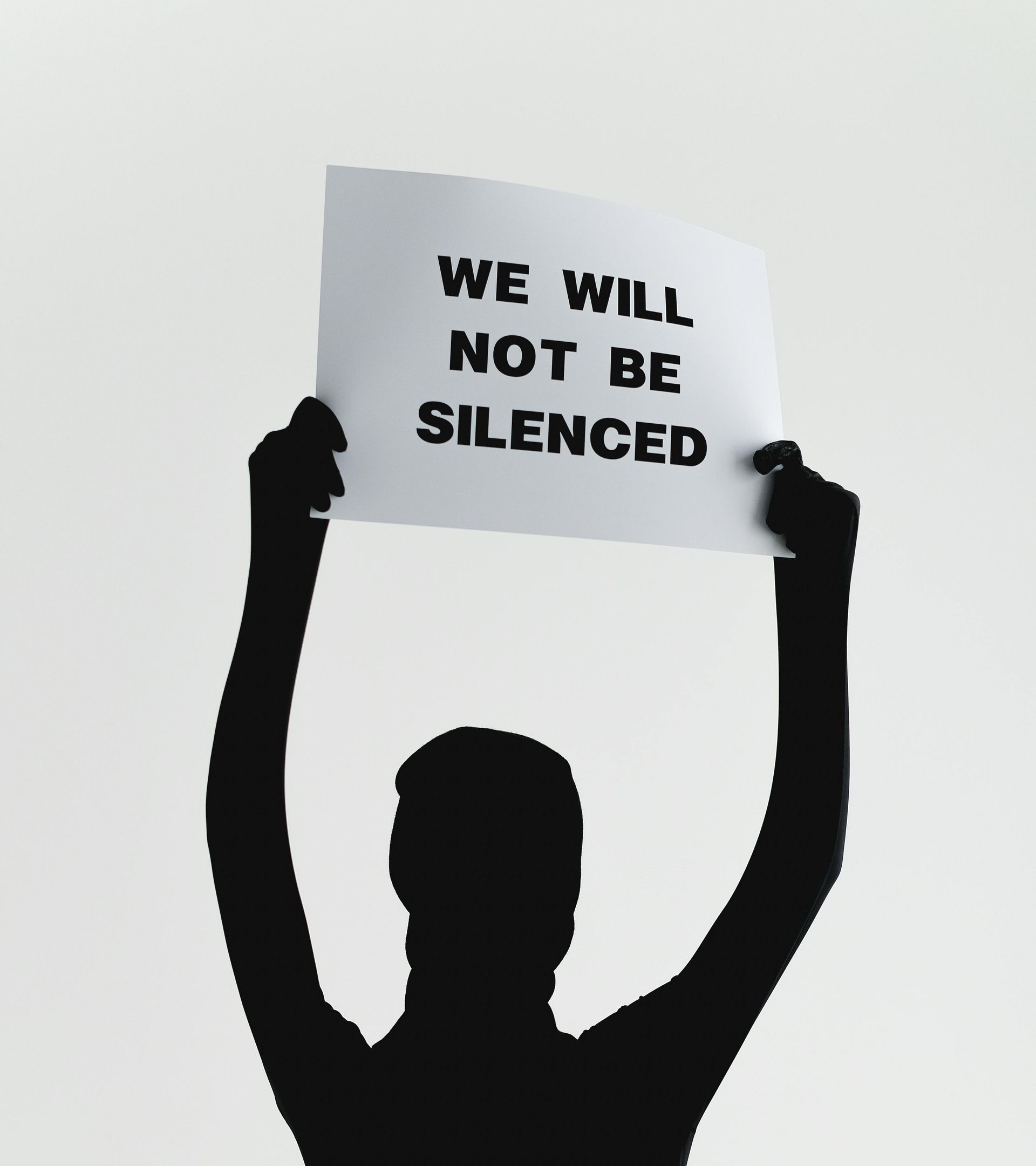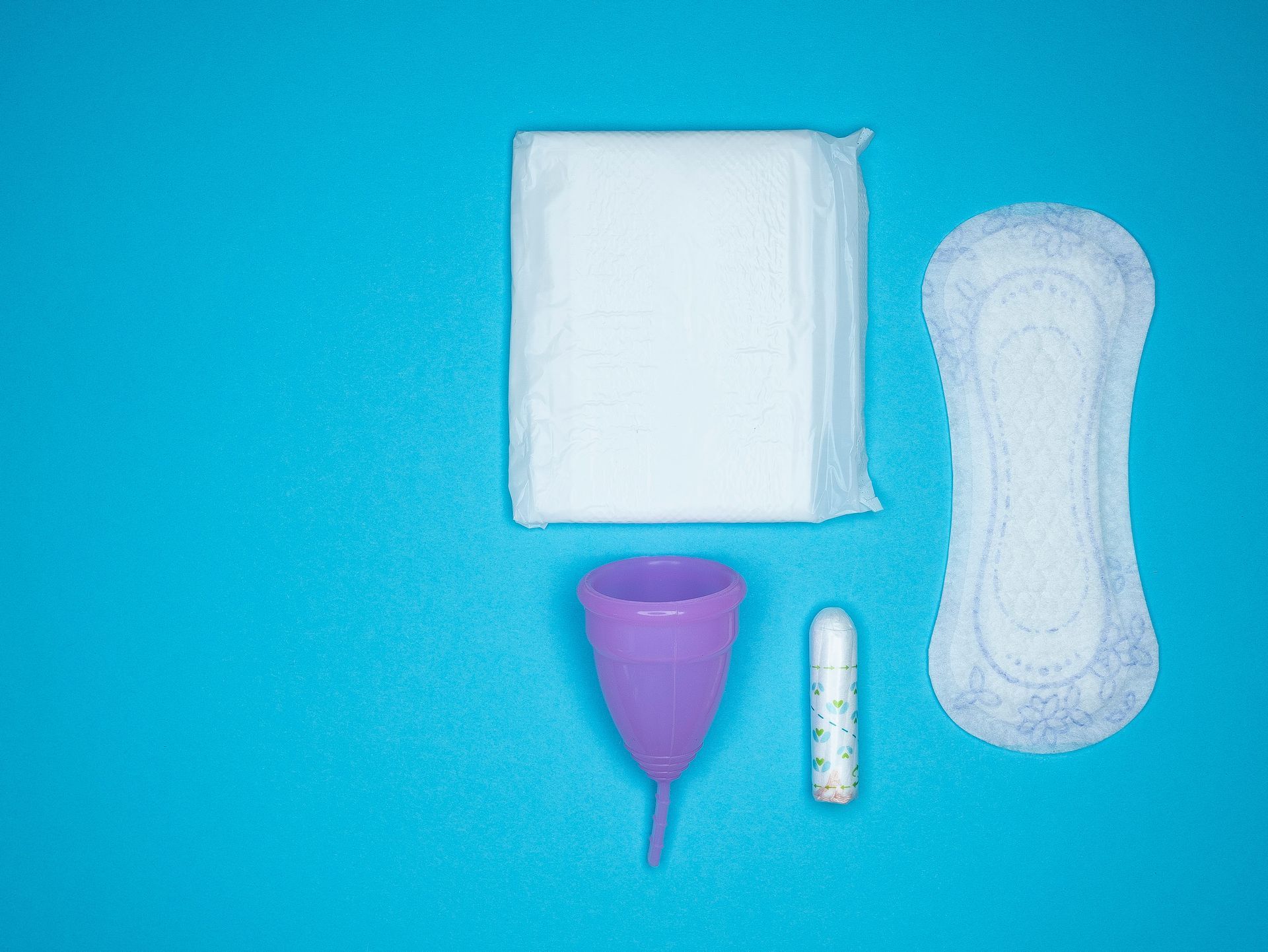Celebrating Women's Day Amidst a Menstrual Hygiene Crisis: A Call to Action
Press Statement
Kampala, Wednesday, 9:00 a.m
We the women’s movement have read with concern the latest Audit Report by the Auditor General which reveals the dire state of access to menstrual hygiene products for girls in Uganda leading to 64% of girls missing school days, this exposes a crisis that demands immediate attention. Additionally, a recent feasibility study on Menstrual health and school absenteeism among adolescent girls in Uganda found that 19.8% of girls interviewed reported missing at least 1 day of school during their last period, and 17.3% reported missing school in the last 30 days due to menstruation. 38.5% of these mentioned ‘fear of leaking blood’ as their main reason for missing school during menstruation.
The government cites resource constraints to cover the gap, yet menstrual health interventions require just 0.05% of the national budget, a negligible fraction of national expenditure. This crisis disproportionately affects girls, while boys often continue their education uninterrupted. The result? A cycle of inequality and discrimination, where young girls are denied their right to education simply because of a natural biological process.
Uganda continues to demonstrate its obsession with policing morality rather than addressing real social injustices. Their recent push to criminalize cohabitation under the proposed Marriage Bill 2024 is one of the attempts to control personal choices while conveniently ignoring the urgent struggles faced by women, girls and other structurally marginalized groups in Uganda. The broader religious community has also been complicit in endorsing laws that perpetuate violence and discrimination. Yet, they remain silent on critical issues like sexual and reproductive health, gender-based violence, menstrual health, the shrinking Civic Space, and issues that profoundly impact the lives of millions of Ugandans.
While religious leaders and policymakers debate who should or should not live together, young girls nationwide are missing school because they cannot afford sanitary pads. While our leaders push for regressive laws under the guise of morality, they continue to ignore the daily injustices, including sexual and gender-based violence, that strip women and girls of dignity, education, and opportunities. A case in point is the recent media reports where girls in various regions of Uganda are said to be using sand and others are using bleeding holes to manage their menstruation putting their health at risk. Beyond the availability of menstrual hygiene products, local governments continue to neglect the provision of essential water and sanitation services, like access to clean water, toilets, changing rooms, and appropriate disposal systems for pads; which are fundamental in ensuring that girls experience their menstruation with dignity. The inequitable access to water, such as fees levied on fetching water, long distances and lines at the boreholes etc, often forces girls to prioritize using the little water they have access to for household needs instead of their menstrual hygiene. This further deepens the cycle of inequality.
The gap in access to menstrual hygiene products has been largely covered by Civil Society Organisations (CSOs) which are currently under attack. According to the NGO Bureau over 8,000 NGOs closed shop between 2019 and 2023, More recently, the United States government has also rolled out the USAID funds freeze which has affected a good number of CSOs. The funding cuts and crises are not just from the US; we have also seen that countries that had feminist funding policies have shifted priorities, resulting in massive funding cuts.
Last year, in November 2024, the Dutch government announced intentions to cut NGO funding by US$1.1 billion. In addition, they require that organizations qualify for funding to generate at least 50% of their income independently (up from 25%). The Dutch government announced that it will also stop funding all projects related to women’s rights, gender equality, vocational and higher education, and sports and culture. The impact of this will see a disruption in provision of essential services by CSOs key among which is the provision of menstrual hygiene products to girls in schools, an area much neglected by our government.
With this in mind we make the following demands;
To the Government of Uganda
- Guarantee domestic financing to ensure uninterrupted access to critical health services including menstrual hygiene products, water and sanitation, HIV prevention and treatment and other reproductive health services.
- Ministry of Gender, Labour and Social Development, Ministry of Health, and Ministry of Education to urgently share a comprehensive plan to address funding gaps in health and education, including period poverty, and ensure an intersectional response to this, to ensure that women and girls in all their diversities are catered for, and that no one is left behind.
To religious, cultural, and other opinion leaders
- Cease fanning moral panic about sensitive issues, especially those that relate to women and other marginalized groups. The role of religious leaders should be to promote peace and unity and not sow discord and discrimination. Instead, they should utilise their platforms to raise critical issues like condemning violence against women and holding the government accountable to their commitments.
- Call out the government for its failure to address the issues that affect the lives of women and girls including menstrual health issues, sexual and gender-based violence, unemployment, absence of social welfare programs and safety nets leaving women to fend for themselves and their communities, resulting in poor health and life outcomes
To The media, academia, and individual activists
- They should be critical and independent thinkers. Go beyond political rhetoric to uncover the hidden truths. Critically assess political narratives by comparing rhetoric with on-the-ground realities, ensuring human rights violations are not obscured by glorified portrayals of political figures.
- Collaborate with experts to counter deception. The media can serve as a vital bridge by prioritizing factual, accurate reporting to combat disinformation.
- Author articles that highlight hope, solutions, and alternative perspectives, moving beyond doom-focused narratives. Spotlight grassroots innovations and advocacy efforts fostering positive change.
The time for action is NOW. Menstrual health is critical for the realization of all human rights of women including right to education, dignity, privacy, health, expression and association. This is also central for the realisation of Agenda 2030, as it is linked to SDG 3 and 5 to ensure that we leave no one behind. Ugandan women and girls deserve better!!!
Signed By
- Femme Forte Uganda
- Women’s Probono Initiative (WPI)
- Akina Mama Wa Afrika (AMWA)
- Center for Domestic Violence Prevention (CEDOVIP)
- Women and Girl Child Development Association (WEGCDA)
- Safe Haven for Sisters Initiative (SHASI)
- Coalition on Girls Empowerment (COGE)
- Centre for Women Justice Uganda (CWJU)
- FIDA - Uganda
- Together Alive Health Initiative -TAHI
- Mentoring and Empowerment Programme for Young Women (MEMPROW)
- Wilmat Development Foundation (WDF) 13. Give A Hand Foundation










